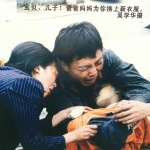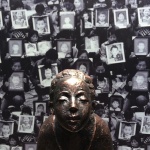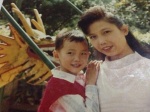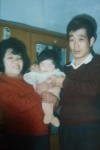
[See also: Mei’s Q&A, and a full list of appearances in the news.]
- The New Yorker: Judging China’s One-Child Policy
- CBS: Most populous nation expands child limits
- NBC News: China to End Decades Old One-Child Policy as Population Ages, FRI, OCT 30
- LA Times: China’s one-child policy is now a two-child policy, Julie Makinen, October 29
- New York Times: Q. and A.: Mei Fong on the Impact of China’s ‘One Child’ Policy
- AUDIO: On ABC NewsRadio: “All couples in China will be allowed to have two children, after the ruling Communist Party announced the end of the long-running one child policy”
- AUDIO: Mei discusses the end of the one child policy with Robert Siegel on NPR’s All Things Considered.
- In The Diplomat:
It seems unlikely, then, that this final move away from the one-child policy will spark a baby boom in China. The underlying issue is no longer about China’s government stance on family planning, but about a social change in China: Beijing, like governments around the world, is discovering that a more urban, better-educated populace generally isn’t interested in producing large families. China’s low fertility rate – roughly 1.5 children per woman – won’t be solved by scrapping the final remains of the one-child policy.
As Mei Fong, the author of One Child: The Past and Future of China’s Most Radical Experiment, notes, many Chinese women in particular feel having a child would mean giving up the careers they worked so hard to get. Fong writes on her website:
[E]very indication suggests they won’t be able to turn on the baby tap with the same ease they turned it off. People all over China are making the same calculations I was making, and many are deciding that having one, or no children, is the best way forward.
So, demographically, the change is unlikely to have a major impact.
By the book from your preferred retailer here.













Pingback: Book Launch Moved Up to Nov. 3 | Mei Fong